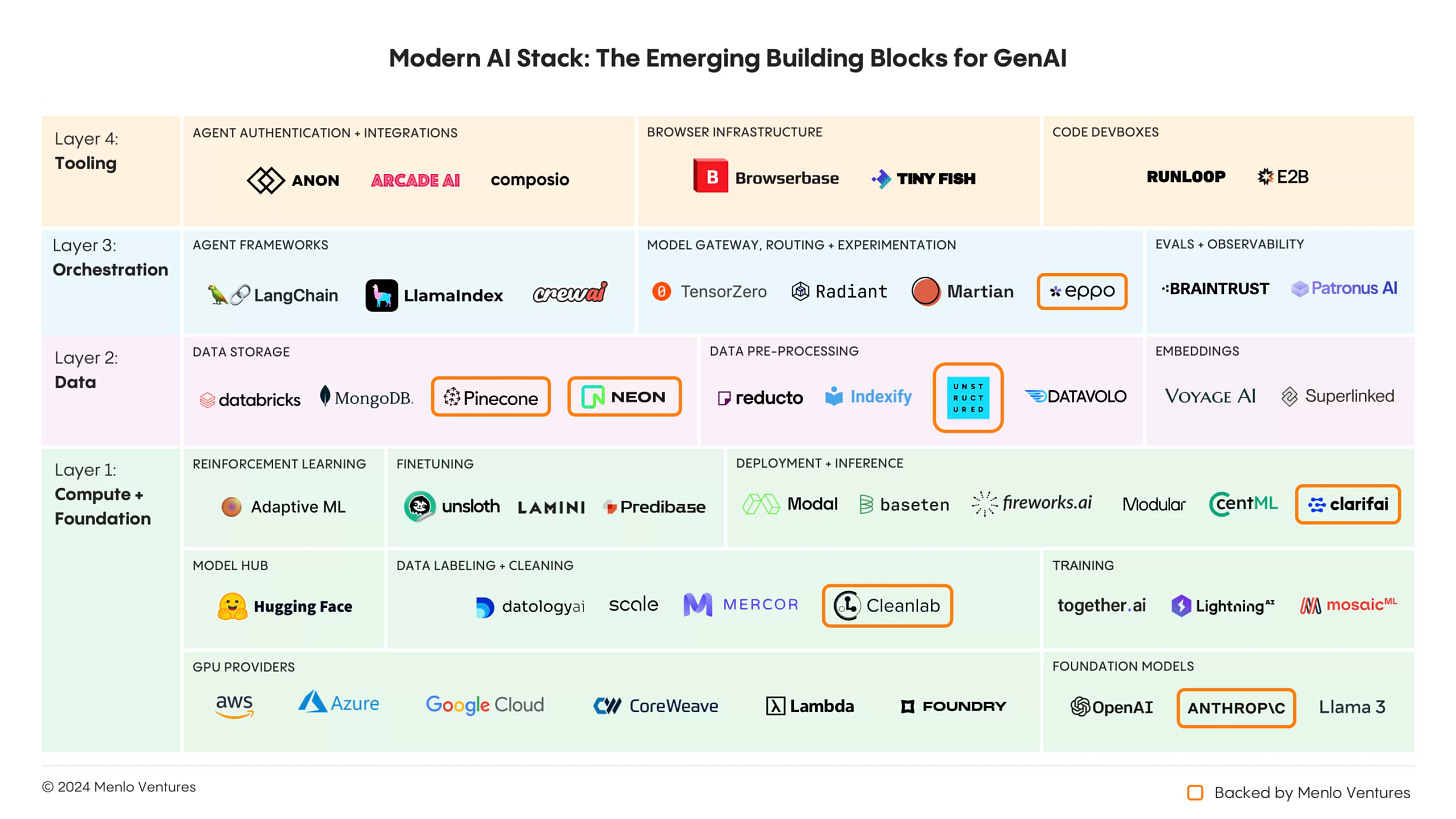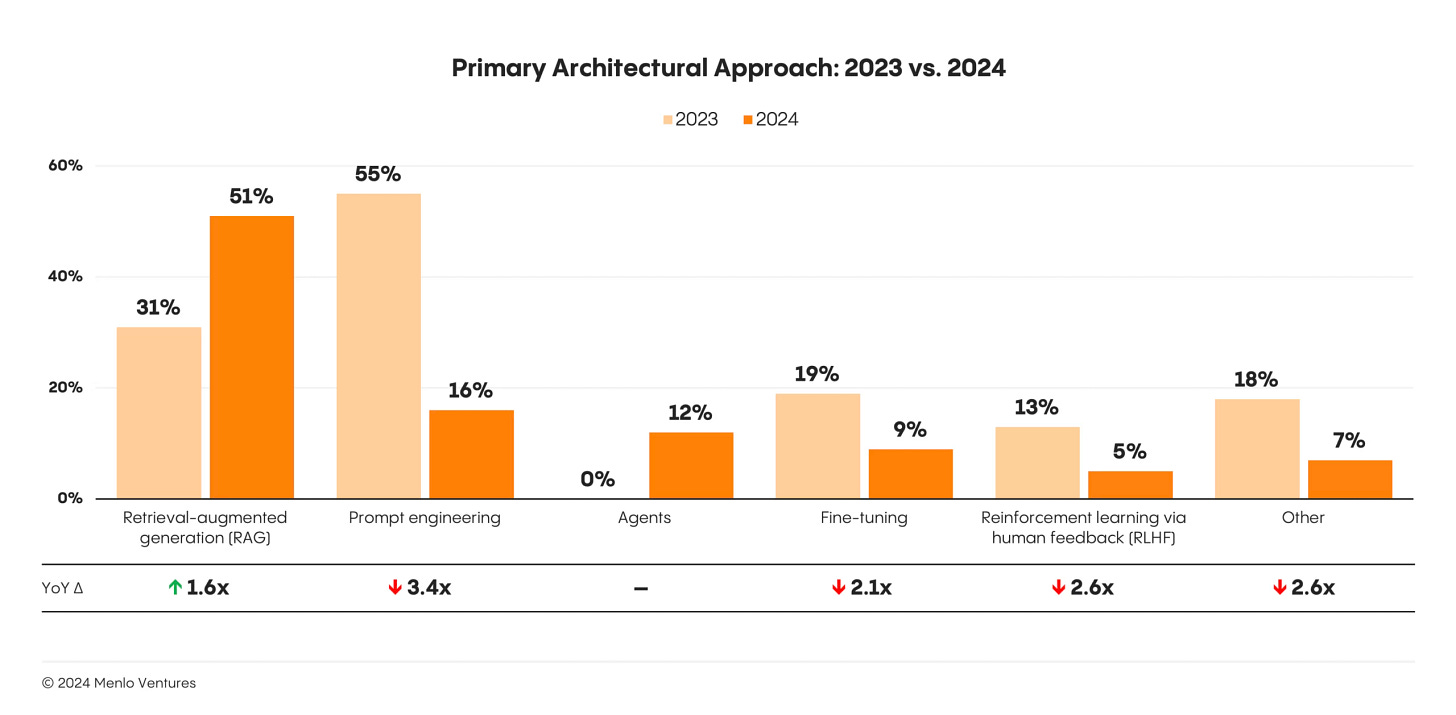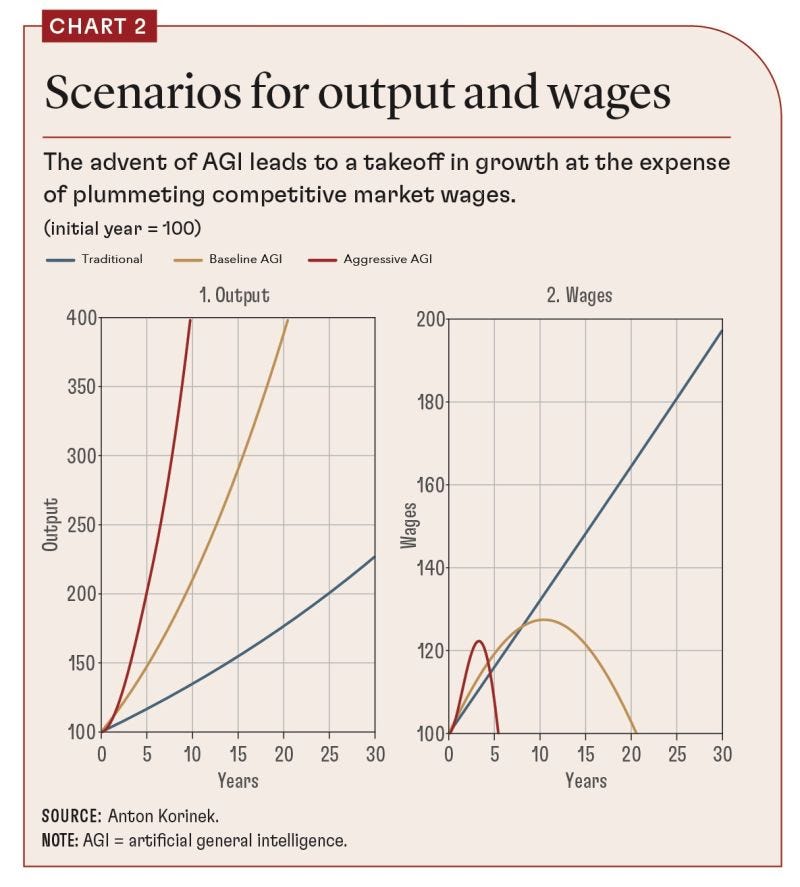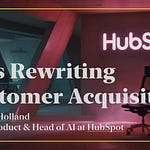In our latest episode, Lisa Weaver-Lambert dispels the belief that is incapable of delivering impact in her book "The AI Value Playbook." She also lays out principles for succeeding in your implementation of AI:
1. Your tech stack determines winners: Orgs that already were built to process and leverage data as part of core decision making are at a huge advantage. Especially those that are focused on leveraging insights to learn and iterate.
2. Leadership and strategy matter: The vision, guiding principles, and culture matter. They will dictate the strategy or lack of a cohesive strategy.
3. AI shouldn’t be added on top: AI should be viewed as the pathway ro removing layers, friction, and complexity.
4. Getting from proof of concept to value is harder: AI reduces the barrier to creating proof of concepts while also layering in a lot more uncertainty about how to make it production-ready.
5. Centralize AI strategy & decentralize implementation: Orgs should have a cohesive strategy owned by a centralized team. But the workflows and use cases defined by the teams that are seeking to gain specific value.
Listen on Spotify | Listen on Apple | Watch on Youtube
Please rate the podcast
If you’ve listened to the podcast, please help us by giving us a rating. It helps us get in front of more people and know that what we’re publishing is delivering value.
Rate us on Spotify | Rate us on Apple Podcasts
And if you have comments, questions, or suggestions: info@designof.ai
New report showing use of Anthropic (Claude) doubled, while OpenAI lost 1/3
Menlo Ventures published their 2024 report: The State of Generative AI in the Enterprise. It shows the continued maturation of the AI market and clear use cases where the tech is being leveraged. Not surprising, task-level use cases that can be directly evaluated/audited are coming out on top.
Also, the layers of AI stack are becoming more distinct with some products starting to create their own moats. As we move into 2025 expect the Data layer to split as more orgs realize that they need a semantic layer to structure and make sense of first-party data.
The LLM market share data makes OpenAI look like the big loser. But I suggest throwing out the 2022 and 2023 data since adoption was so low and leveraging the tech for experimentation rather than impact. 2024 is the year when AI became the workhorse for the first time powering countless products.
Nonetheless, it is compelling to see Anthropic and Claude shoot up. Their focus on UX seems to be paying dividends, that or OpenAI’s dilution of trust is.
Of no surprise, prompt engineering is falling off a cliff. It was a bandaid approach for a tech that had no standards yet. For reference a business that built their product through prompts often had to rebuild all those prompts whenever a model was updated.
AI use & impact assessment survey
Please share your experiences and point of view in our year-end AI research study.
Your lessons and opinions will shape a critically important assessment of how & if AI is positively impacting individuals and teams.
Less than 5-minutes of your time will help us a lot.
Perplexity is one-upping Google by introducing AI-powered shopping journeys
Perplexity, the upstart GenAI search form is firing shots at Google by taking a refreshing look at shopping. Rather than focusing on someone searching for a product (e.g. Patio furniture), they are taking a very human-centred approach by focusing on what a user is trying to accomplish (e.g. renovate my outdoor living space). The platform then provides ideas, support, and instructions. Plus, recommends products to buy.
While this is immensely helpful, it brings up the ever-present concern that AI will pick winners and losers for us. Where Google served up dozens or hundreds of results and encouraged us to make our own decisions, AI only shows a handful of options. This is the beginning of the platform as expert and it could change how we interact with the world in a huge way. It could lead to small merchants being shut out or even grow distrust of options that aren’t recommended by a platform.
Alarming data showing that achieving AGI could destroy market wages
Economics at the International Monetary Fund have modeled data that shows that if Sam Altman & crew succeed at bringing AGI to the world faster than expected, it could set into motion a total destruction of market wages (aka devalue everything).
Their model also showed that on the expected timeline of AGI, wages will continue to rise as humans continue to do the thinking for the machines.















